Engineered E. coli break down biomass into important chemicals

Bacteria Breaking Down Lignins
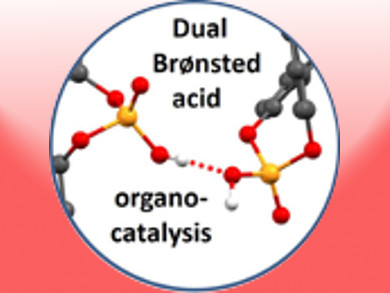
Cooperative Effects in Asymmetric Organocatalysis
Two acidic groups can work cooperatively via intra- or intermolecular hydrogen bonding
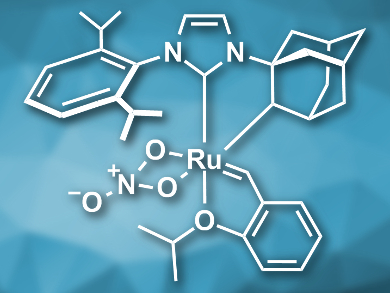
Improved Z-Selective Metathesis Catalyst
Scalable synthesis gives useful N-heterocyclic carbene (NHC) ligand for Ru catalyst

Waste from Berries as an Antioxidant Source
Press residues from berry juice production can provide antioxidants for use in foods
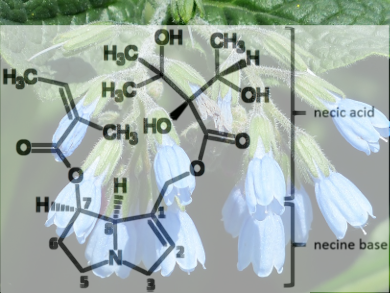
Plant Ingredients as Food Contaminants
The problematic analysis of pyrrolizidine alkaloids and their sometimes unclear behavior in food make a risk assessment difficult

High-Flux Water Desalination
Nanoporous carbon composite membranes for fast water desalination
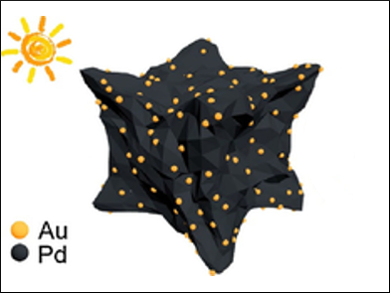
Catalyst Surface Modification for Selective Styrene Oxidation
Selective styrene oxidation to its epoxide or benzaldehyde using molecular oxygen and Pd nanostructures decorated with Au at various compositions

TCR Lecture 2018
Professor Michael Grtzel, cole Polytechnique Fdrale de Lausanne EPFL, Switzerland, honored
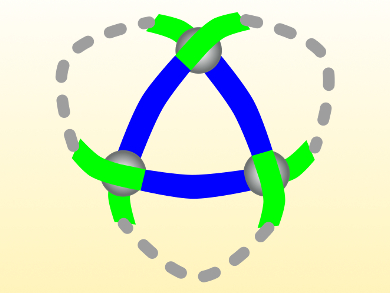
Molecular Knot Made from Trimeric Circular Helicate
Ring-closing metathesis turns helicate into trefoil knot
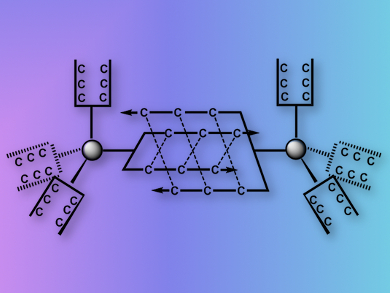
Three-State System Based on Branched DNA Hybrids
Synthesis of DNA-based structures that can switch between water-soluble, gel, and solid-state forms